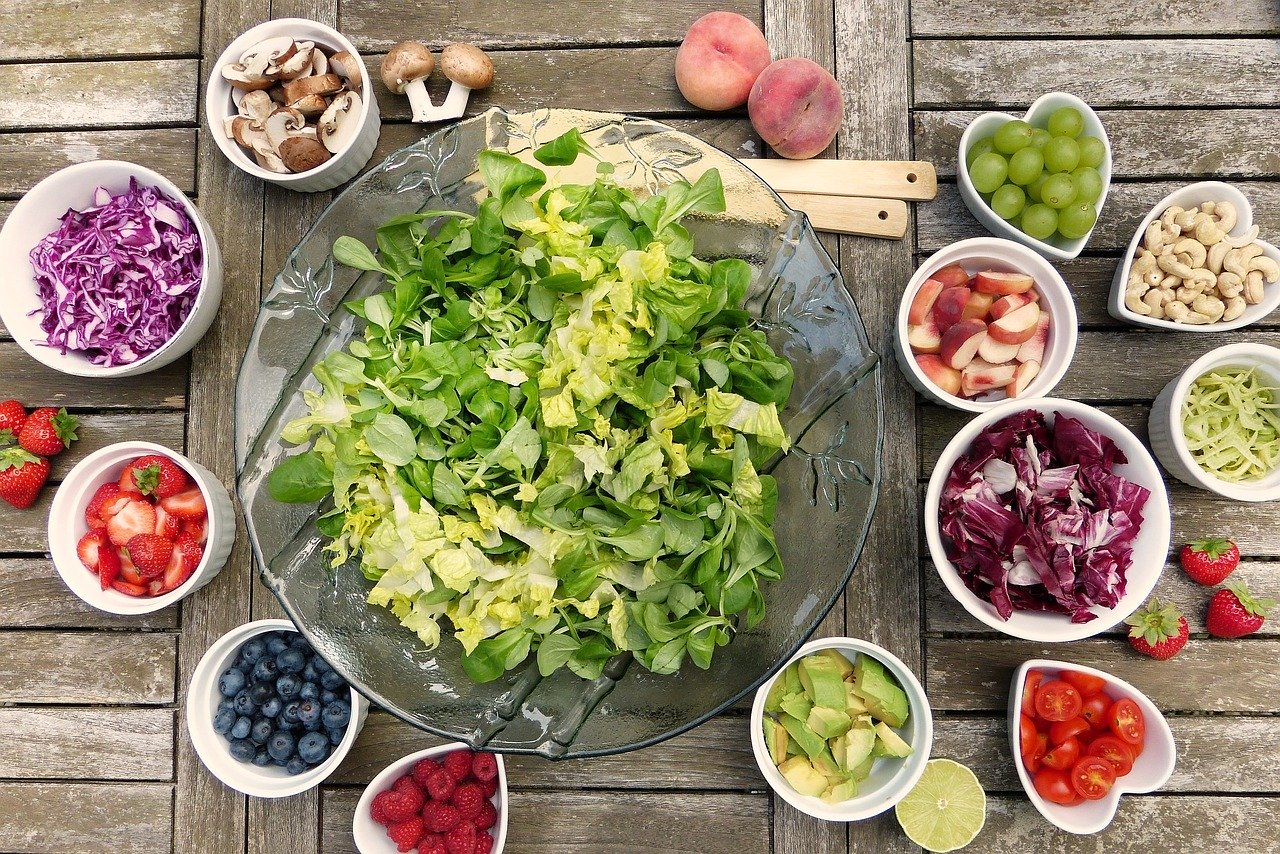
Eating healthily is more important than ever at a time like this. Notwithstanding the problems with finding food available in the supermarkets, there are still regular deliveries of all foods to the stores. As explained in One Step Ahead of Osteoarthritis, The Mediterranean diet is recommended for both osteoarthritis and general health and well-being. In addition to fruit and veg, this plant-based diet also comprises pulses, beans, nuts and fish, chicken and turkey, and the all important olive oil – best drizzled over vegetables or salad.
Supplements boost the immune system
There are several supplements that can be helpful for osteoarthritis, and which boost the immune system at a time when you need all the defences you can muster.
- Vitamin C is reputed to fight viruses, and has been proven to be effective in reducing inflammation in osteoarthritis and impeding its progress[1] Taking high amounts (such as 1,000mg or more) of Vitamin C cannot harm you as excess is excreted out of the body, although some people find it upsets the stomach.
- Turmeric too has a good reputation for easing inflammation in osteoarthritis and is often taken as a spice, as a liquid, or in capsules. What is lesser known is that it has antibacterial, antiviral and antifungal properties as well.
- Vitamin D is made in the body when your bare skin is exposed to the sun a lot, but in reality after a British winter it’s likely to be low. Dr Andrea Darling and Professor Susan Lanham-New, the University of Surrey, claim, ‘Vitamin D can help prevent respiratory tract infections[2] so it is important to have good Vitamin D levels during the COVID-19 pandemic.’
Dr Rod Hughes, rheumatologist at St Peter’s Hospital, Surrey, is convinced of the importance of Vitamin D for those with osteoarthritis, ‘About 50 per cent of the population is deficient in Vitamin D, due to lack of exposure to the sun. Deficiency can mimic arthritis providing the same symptoms. It’s very easy to take a blood test and treatment is simple with capsules or injections, and the patient gets better very quickly.’
Cider vinegar
Although not the most tasty of drinks, taking a dessertspoonful of (apple) cider vinegar in water every day is helpful for easing osteoarthritis, and it also is full of beneficial bacteria and minerals. It’s important to buy Cider Vinegar with the Mother, which means it is not pasteurised and retains all its health benefits.
While it seems counter-intuitive to have an acidic drink, the body metabolises cider vinegar so that it turns alkaline. However, it does taste acidic so if you find it unpalatable add a teaspoonful of honey, another healthy food.
So do eat healthily and exercise regularly all the time, but particularly during this difficult period in all of our lives. Stay home if you can and stay safe.
Blog post written by Frances Ive, author of One Step Ahead of Osteoarthritis.
[1] Chiu PR, Hu YC, Huang TC, Hsieh BS, Yeh JP, Cheng HL, Huang LW, Chang KL.
Vitamin C Protects Chondrocytes against Monosodium Iodoacetate-Induced Osteoarthritis by Multiple Pathways. Int J Mol Sci. 2016 Dec 27;18(1). pii: E38. doi: 10.3390/ijms18010038.
[2] Martineau et al (2017)
Vitamin D supplementation to prevent acute respiratory tract infections: systematic review and meta-analysis of individual participant data. Br Med J 2017; 356 doi: https://doi.org/10.1136/bmj.i6583 (Published 15 February 2017) Cite this as: BMJ 2017;356:i6583
